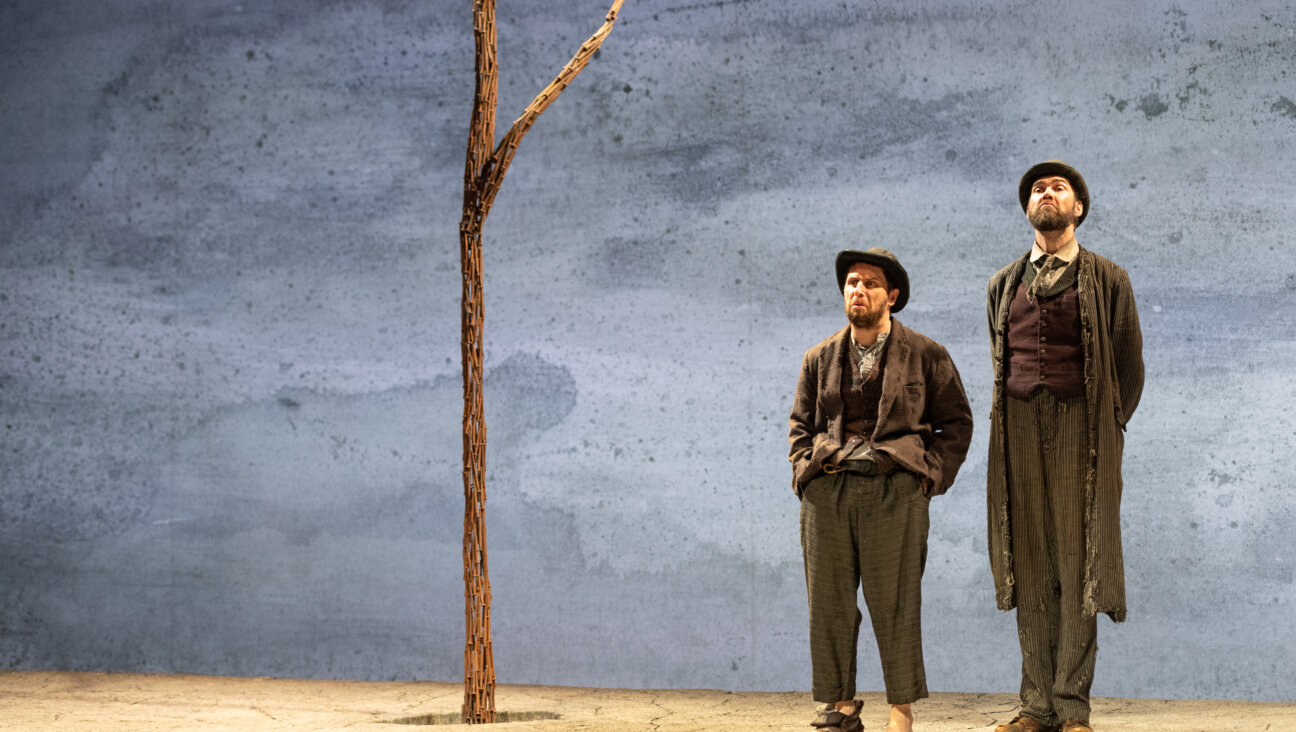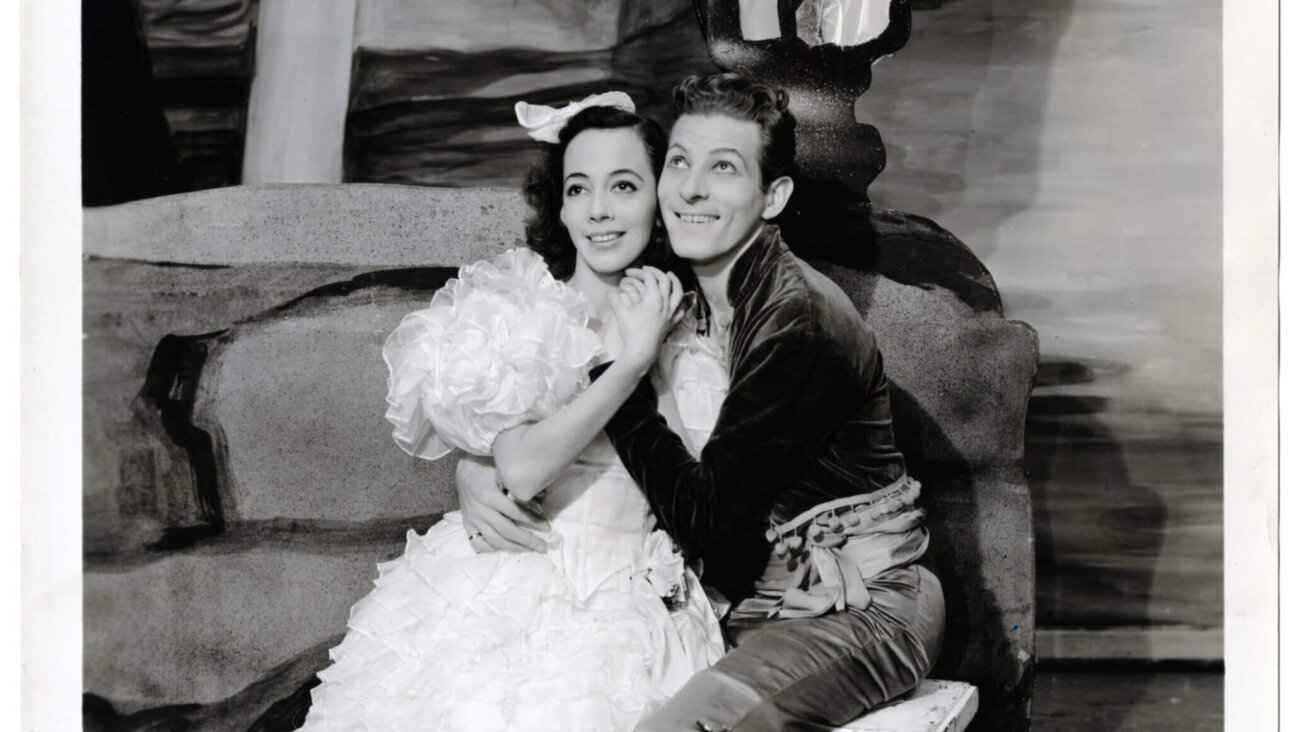Bank Plays It Safe With Sophomore Effort
The Wonder Spot
By Melissa Bank
Viking, 336 pages, $24.95.
—–
This might be the year of the high-expectation second novel. After putting out a critical and commercial darling of a book at an impossibly young age, every new literary sensation must follow up with a second, and the path there is littered with brutal reviews and schadenfreude (please see a certain superstar pair of novelists, who just bought a giant house in the hip Park Slope section of Brooklyn).
Melissa Bank has taken a decidedly safe route with her own second novel, “The Wonder Spot,” which is free of both the ambition and the gimmickry that seem to be the literary devices of the moment. Bank’s first book, “The Girls’ Guide to Hunting and Fishing,” spent time on the best-seller list and is partially credited with launching the “chicklit” craze (with which it has been unfairly associated ever since). “The Wonder Spot” is so safe, in fact, that its characters and themes might feel a little too familiar to readers of the first book: An underachieving young woman drifts through the city, falls in and out of publishing jobs and relationships with men, and very little seems to happen although it’s engaging nonetheless. The novel is a pleasure to read, but one gets the impression that Bank isn’t trying very hard to impress us. (Then again, trying too hard to impress can be disastrous.)
Through a series of episodes that could function as standalone stories, we are given snapshots of the early life and development of Sophie Applebaum, first as a girl growing up in fictional Surrey, Pa., then as a college student and later as a young woman trying to assemble the elements of a grown-up life in New York City. (This storytelling-by-chunks is jarring at first, but mostly it works by allowing the reader to flit in and out of Sophie’s world at choice moments.) She is introduced at age 12, plotting (unsuccessfully) to avoid attending her cousin’s bat mitzvah and trying to wriggle out of Hebrew school. Sophie is wise beyond her years, sass-mouthed and instantly sympathetic: “I’ve decided not to have a bat mitzvah,” Sophie declares precociously to her parents early on. “The only reason I’d do it would be for material gain…. In conclusion, this seems wrong.” (Sophie does indeed end up in Hebrew school.)
As an adult, Sophie loses some of this endearing feistiness as she enters the orbits of a string of colorful friends and lovers; she becomes an unchanging blank screen, nearly overwhelmed first by her college roommate and later by her brothers and a parade of eccentric romantic interests. But while Sophie does blow through her share of men, it is her friendships with women that Bank unpacks most effectively.
During her college years, Sophie falls under the spell of her roommate, an exotic creature (recognizable to some as the doppelganger of the “Bella” character from Bank’s first novel) who arrives in their upstate college town straight off a flight from Antibes. The roommate speaks French and tries to order Campari at the local dive bar. Sophie watches her wide-eyed: “We undressed with our backs to each other, and I noticed that hers was evenly brown from her shoulders to her underpants — no hint of where a bathing suit top might’ve been, and I wondered if she’d just pulled the straps down and unhooked the back or if she’d gone without.” (She probably went topless.) The mysterious roommate, Venice, goes on to crash and burn through several love affairs, and Sophie finds herself backing away after a man awkwardly comes between them.
Later there are other bonds with women, such as the tragic, jealous childhood chum, Dena, but a mutual crush on a guy screws that up, too. Sophie couch-surfs among her brothers and grandmother as she frantically looks for a job. She eventually finds one, but nearly loses it. Toward the end, a 30-something Sophie — still unmarried but on her umpteenth boyfriend — surveys a hip party in the Williamsburg section of Brooklyn: “The women are young, young, young, liquidy and sweet looking; they are batter, and I am the sponge cake they don’t know they’ll become. I stand here, a lone loaf, stuck to the pan.” (My feelings exactly.)
Aside from her talent for wry observations, Sophie seems as infuriatingly aimless at the end of the book as she is as a teenager; she’s professionally inept and prone to trusting slippery men. Just as things seem to be coming together, Bank lurches forward in time, tacking on a final story installment that feels out of place. (It was, in fact, published on its own as a short story in a collection a few years ago.) But through her witty, light prose, Bank manages to impart a certain kind of wisdom about modern life that leaves an imprint.
A close inspection of the cover jacket of “The Wonder Spot” also illustrates the challenges publishing executives now face when marketing the fiction of young women authors whose work they want to distinguish from the mass-market bimbo books that have given the genre a bad name. In this case, a melancholy photo of a darkened street shows a young woman striding through a spray of autumn leaves; there is a hint of optimism tempered by the sadness of missed opportunities. This book feels like a true coming-of-age tale, flaws and all.

I hope you appreciated this article. Before you go, I’d like to ask you to please support the Forward’s award-winning journalism this Passover.
In this age of misinformation, our work is needed like never before. We report on the news that matters most to American Jews, driven by truth, not ideology.
At a time when newsrooms are closing or cutting back, the Forward has removed its paywall. That means for the first time in our 126-year history, Forward journalism is free to everyone, everywhere. With an ongoing war, rising antisemitism, and a flood of disinformation that may affect the upcoming election, we believe that free and open access to Jewish journalism is imperative.
Readers like you make it all possible. Right now, we’re in the middle of our Passover Pledge Drive and we need 500 people to step up and make a gift to sustain our trustworthy, independent journalism.
Make a gift of any size and become a Forward member today. You’ll support our mission to tell the American Jewish story fully and fairly.
— Rachel Fishman Feddersen, Publisher and CEO
Join our mission to tell the Jewish story fully and fairly.
Our Goal: 500 gifts during our Passover Pledge Drive!
























